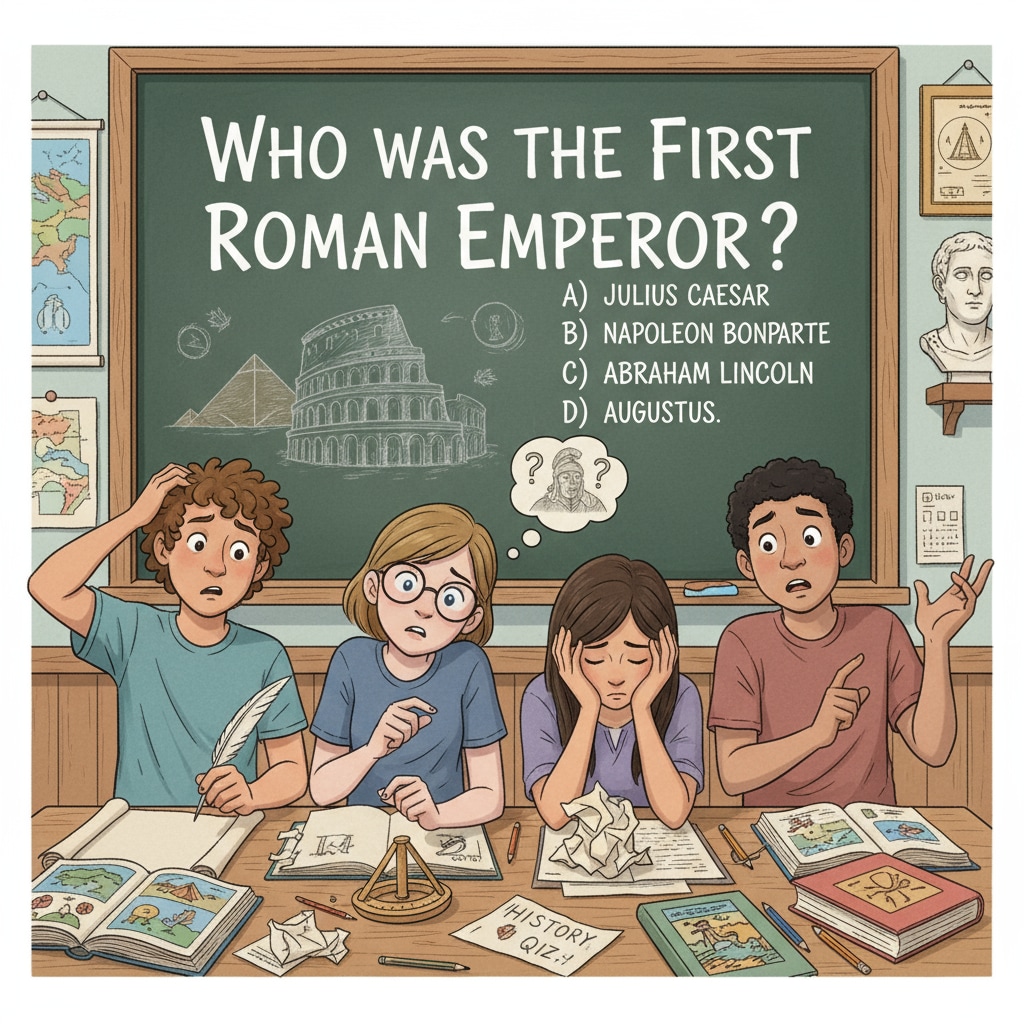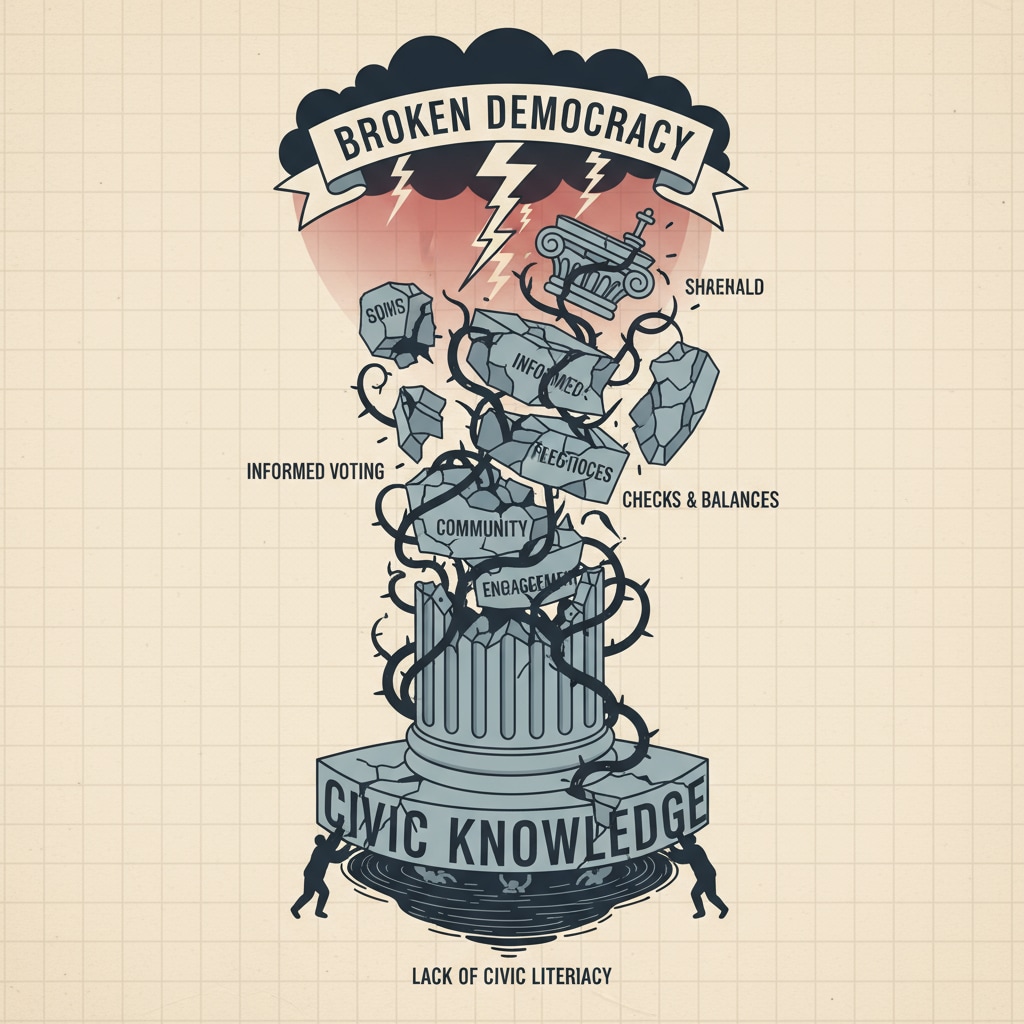In the modern educational landscape, the balance between educational standards, historical knowledge, and civic literacy has become a pressing issue. As we strive to equip students with the skills needed for the 21st century, there is a growing concern that the acquisition of fundamental knowledge is being sidelined. This imbalance has far-reaching implications for students’ overall development and their ability to contribute meaningfully to society.
The Imbalance in Skill Development and Basic Knowledge Acquisition
Today’s education system places a significant emphasis on skill development. Students are pushed to master technical skills, digital literacy, and critical thinking abilities. While these skills are undoubtedly important, the overemphasis has led to a neglect of basic knowledge, particularly in subjects like history and civics. For example, many high school students struggle to answer basic questions about historical events or understand the principles of democratic governance. This lack of knowledge can hinder their ability to make informed decisions and engage in meaningful discussions about current affairs.

The Consequences of Neglecting Historical and Civic Knowledge
The consequences of this neglect are profound. Without a solid foundation in historical knowledge, students may fail to understand the context and evolution of society. They may repeat past mistakes and lack the perspective to appreciate the significance of cultural diversity. In terms of civic literacy, a lack of understanding of democratic principles and the rights and responsibilities of citizenship can lead to disengagement from the political process and a weakening of the democratic fabric. As a result, students may not be fully prepared to participate actively in their communities and contribute to the betterment of society.

To address this imbalance, educators and policymakers need to reevaluate educational standards. They should ensure that curricula strike a balance between skill development and the acquisition of fundamental knowledge. This could involve incorporating more in-depth history and civics courses into the K12 curriculum, and providing teachers with the resources and training to effectively teach these subjects. By doing so, we can help students develop a well-rounded education that combines practical skills with a deep understanding of the past and the present, enabling them to become informed, engaged, and responsible citizens.
Readability guidance: In this article, we have explored the imbalance in modern education. We’ve seen how overemphasis on skills can lead to neglect of basic knowledge. By understanding these issues, we can work towards a more balanced educational system. Remember to keep sentences concise, use transition words like ‘however’ and ‘therefore’ to enhance flow, and present ideas in a clear and organized manner.


